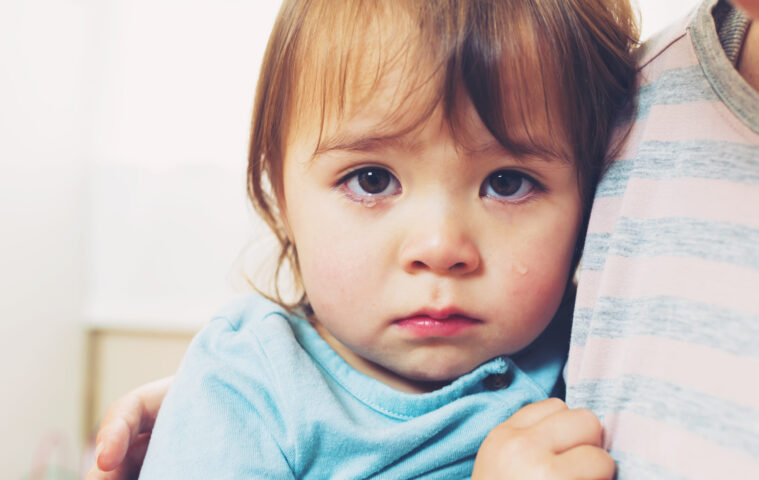Books
- Building Trauma-Sensitive Schools by Jen Alexander
- Reaching and Teaching Children who Hurt by Susan E. Craig
- Trauma Informed Practices for Early Childhood Educators by Julie Nicholson, Julie Kurtz, and Linda Perez
- What Happened to You? Conversations on Trauma, Resilience, and Healing by Bruce Perry and Oprah Winfrey
IEL Resources
Tip Sheets
- Bullying Hurts Everyone
- Helping Children Handle Disappointment
- Small Child, Big Stress
- When Children Mourn
- Young Children’s Mental Health: What Is Essential?
Resource Lists
Questions and Answers
Blogs
- After “Something Happened”: Responding to Trauma in Young Children
- Children in Refugee Families Need Extra Care, Attention
- Feelings are Fantastic (blog)
- Something Happened: Understanding Extreme Stress and Trauma in Young Children
Podcasts


